Attention-Deficit/Hyperactivity Disorder (ADHD) is a neuro-behavioural disorder that usually affects school age children (for a diagnosis the symptoms must appear before age 7). It was previously referred to as Attention Deficit Disorder (ADD) but ADHD is the preferred term as it refers to the primary aspects of the condition.
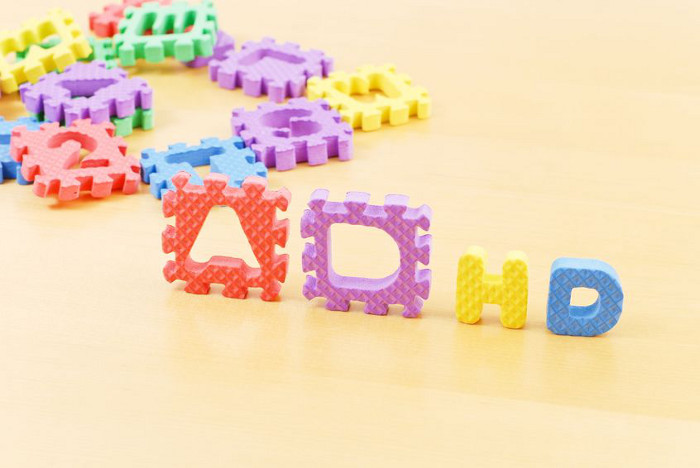
Research has now shown that ADHD is not a disorder of attention, rather, it is a failure in monitoring inhibition and self-control. This loss of self-regulation hinders other important brain functions crucial for maintaining attention. A child with ADHD may have trouble paying attention, be overly active and/or may act on impulse without thinking. These ADHD symptoms will be more apparent during an activity that requires focused mental concentration and effort.
How common is ADHD?
A recent worldwide study estimates that 5.29% of the population has ADHD. In 2009, Fung & Lee performed a survey of 2400 children aged 6 to 12 years in Singapore showed that 4.9% had disruptive behaviour disorders. ADHD behaviours can present differently in boys and girls; boys are likely to be hyperactive and fidgety, whereas girls will frequently remain undiagnosed as they tend to be quietly inattentive and daydream-making them less obvious to identify. ADHD can also occur in tandem with other conditions, e.g. learning disabilities, oppositional defiant disorder, anxiety and depression, etc. Risk factors for ADHD include but are not limited to: maternal exposure to toxins; smoking, drinking alcohol or using drugs during pregnancy; a family history of ADHD or other mood/behavioural disorders; low birth weight.
Does my child have high-energy or an attention problem?
Most young children are active and reluctant to sit still for long periods of time, so how do parents know if their child is just high-energy or a child with ADHD? Parents may suspect ADHD if they notice consistently inattentive/hyperactive/impulsive behaviour that:
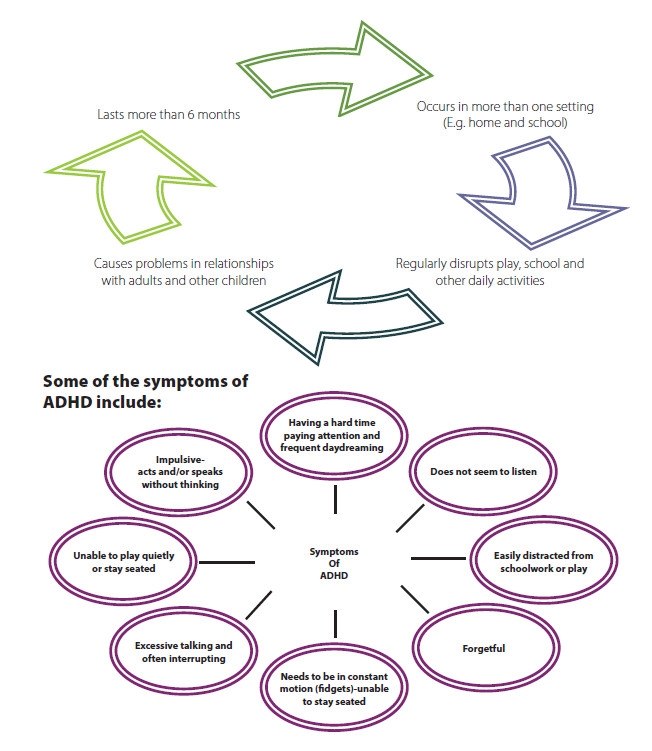
What does ADHD mean for my child?
ADHD can cause difficulties for children:
- It can cause struggles in the classroom particularly with academic curricula
- Children with ADHD tend to have more injuries and accidents due to impulsivity
- It can cause difficulties with socialising and interacting-both with peers and adults
- Research has concluded that children with ADHD who do not receive intervention are at a higher risk for drug and alcohol abuse along with delinquent behaviours
How is ADHD diagnosed and treated?
There is no single test to confirm ADHD and a lot of other diagnoses have similar symptoms. Steps involved in the diagnostic process may include:
- A medical exam
- An ADHD symptom rating scale
- A detailed history from parents, teachers, etc
- Integration of any psychological assessments, speech-language therapy assessments and occupational therapy assessments
- Child observations in different environments
- Exclusion of other conditions which mirror the symptoms of ADHD, e.g. language problems, mood disorders, effects of medication, etc.
⇒ Related Read: Can ADHD Be Treated?
By Trudy Olwen Smith, The Children’s Therapy Centre.
Trudy graduated from University College Cork (Ireland) in June 2011 and has been working at The Children’s Therapy Centre as a speech and language therapist since January 2012. She works both with children in the centre and with children in Lighthouse school for the deaf and visually impaired.
This article was first published in The New Age Parents e-magazine.
* * * * *
Like what you see here? Get parenting tips and stories straight to your inbox! Join our mailing list here.
Want to be heard 👂 and seen 👀 by over 100,000 parents in Singapore? We can help! Leave your contact here and we’ll be in touch.





































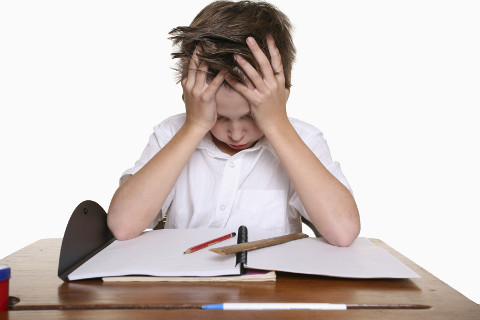
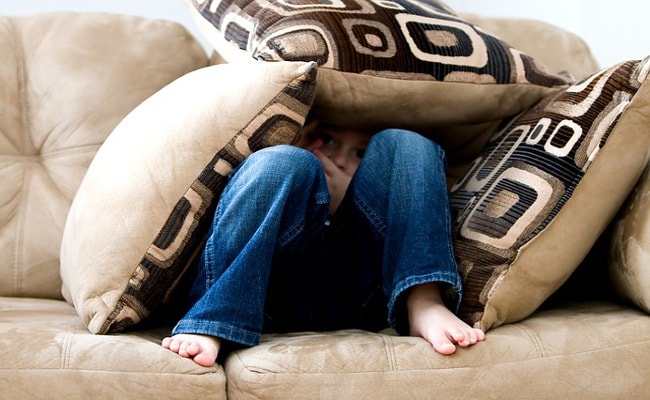

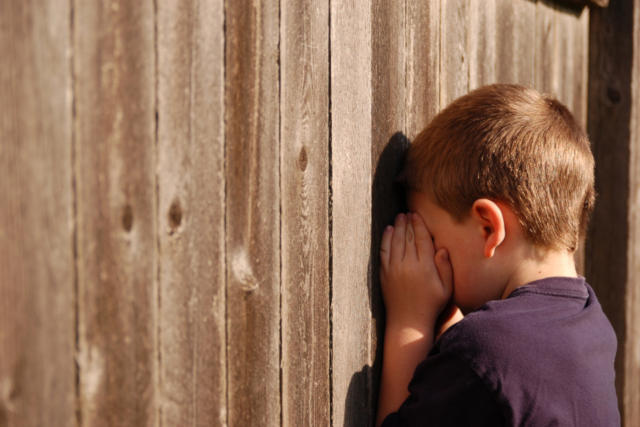
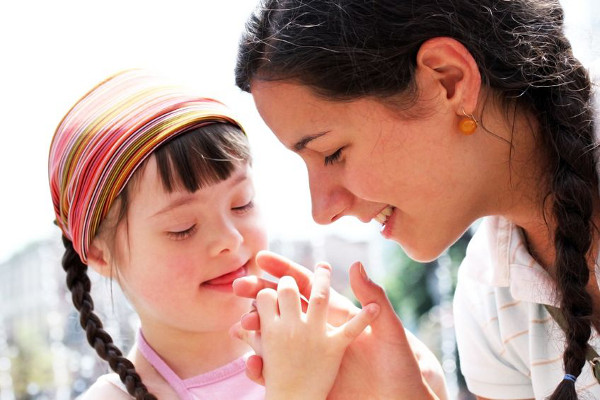
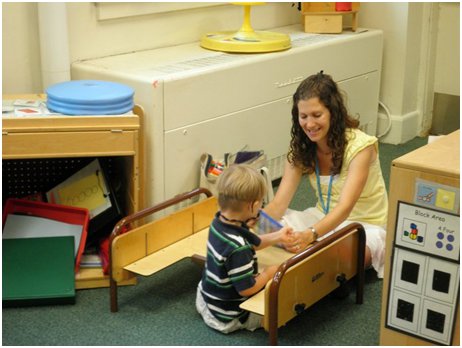
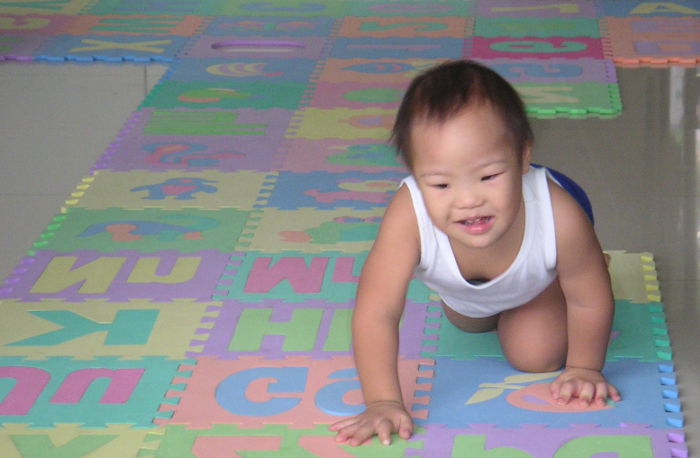



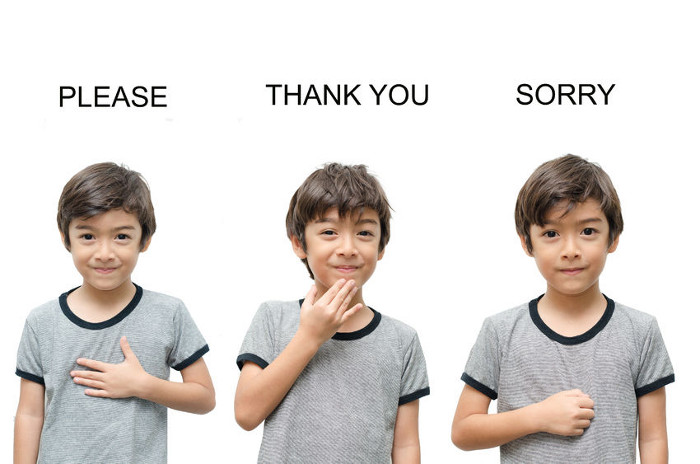









Leave a Comment: